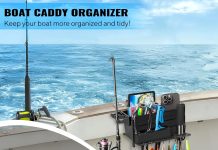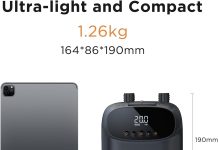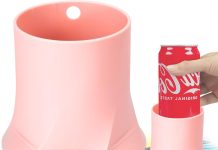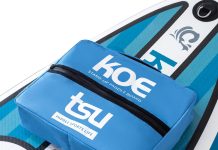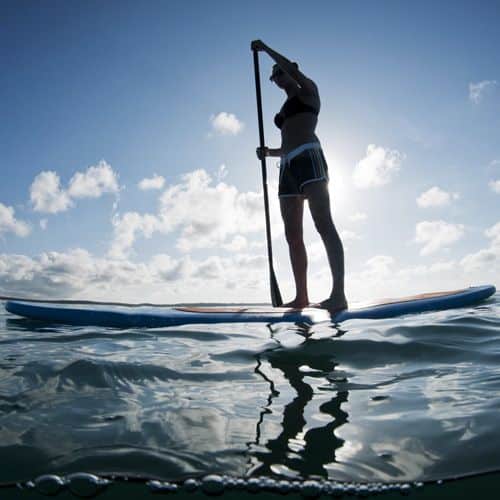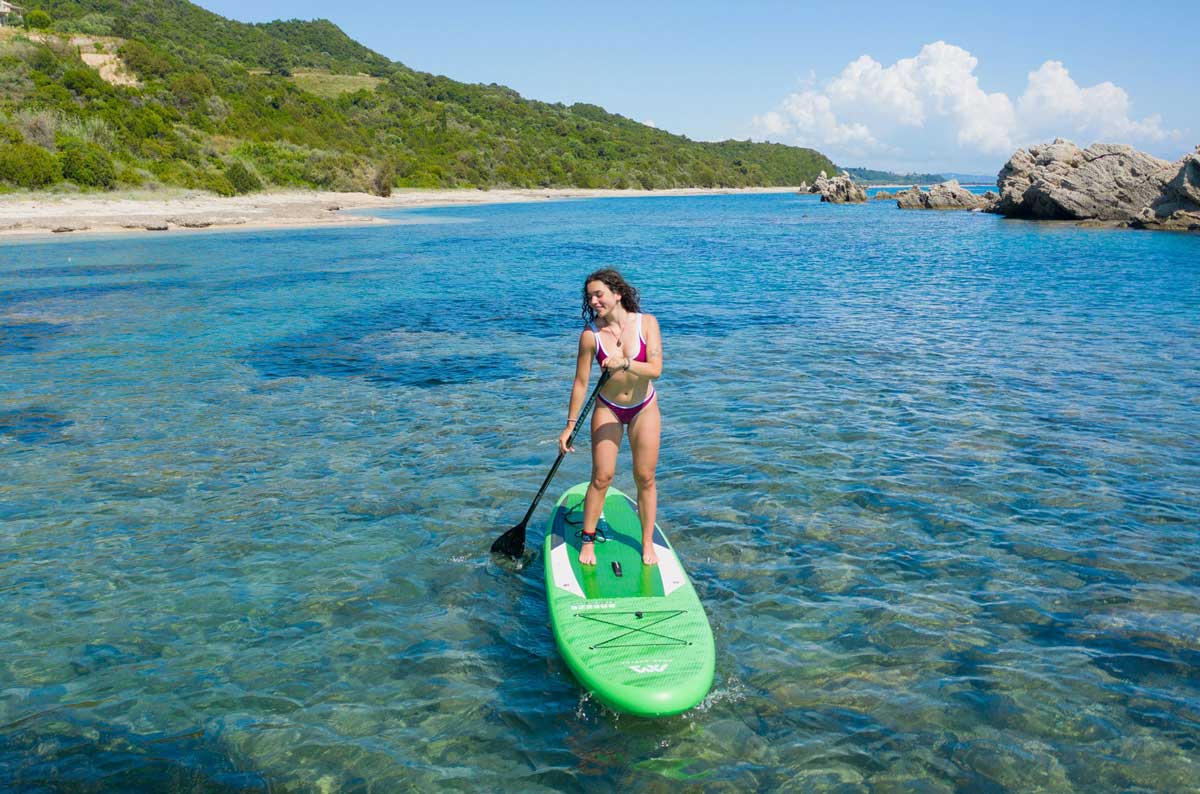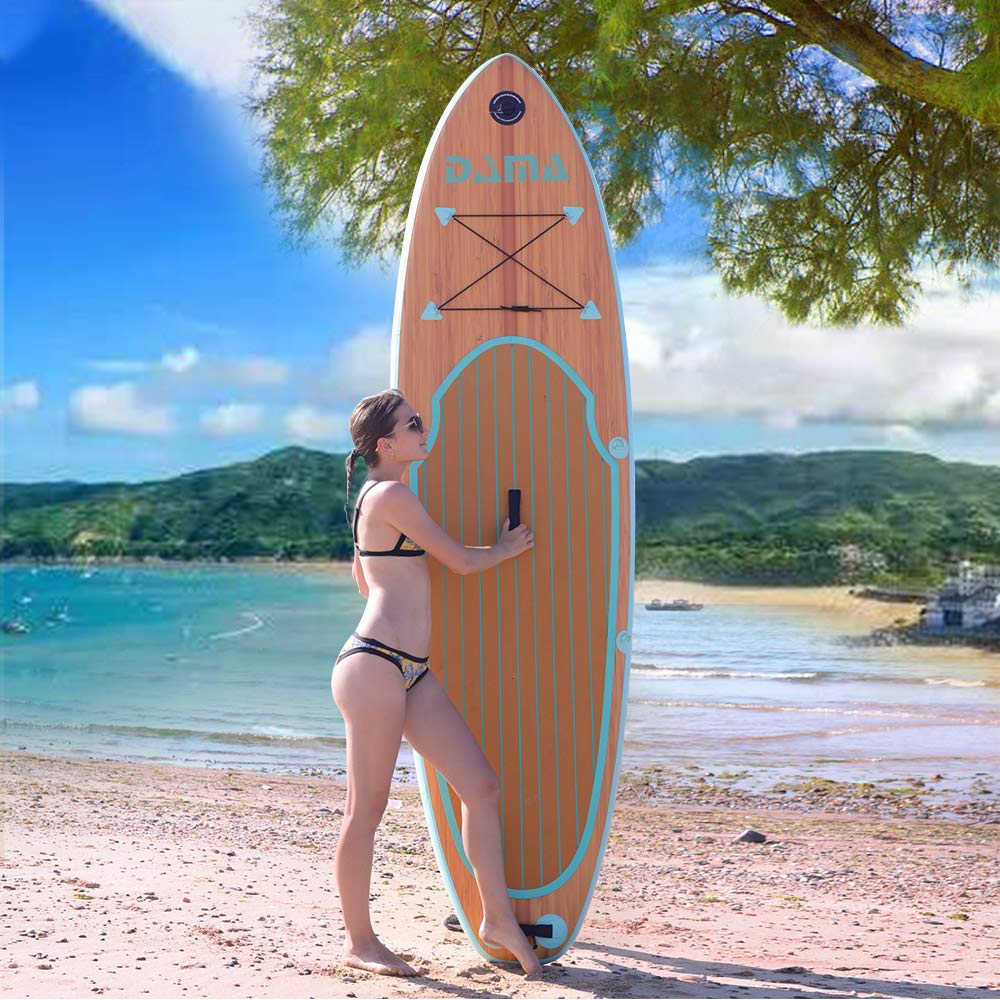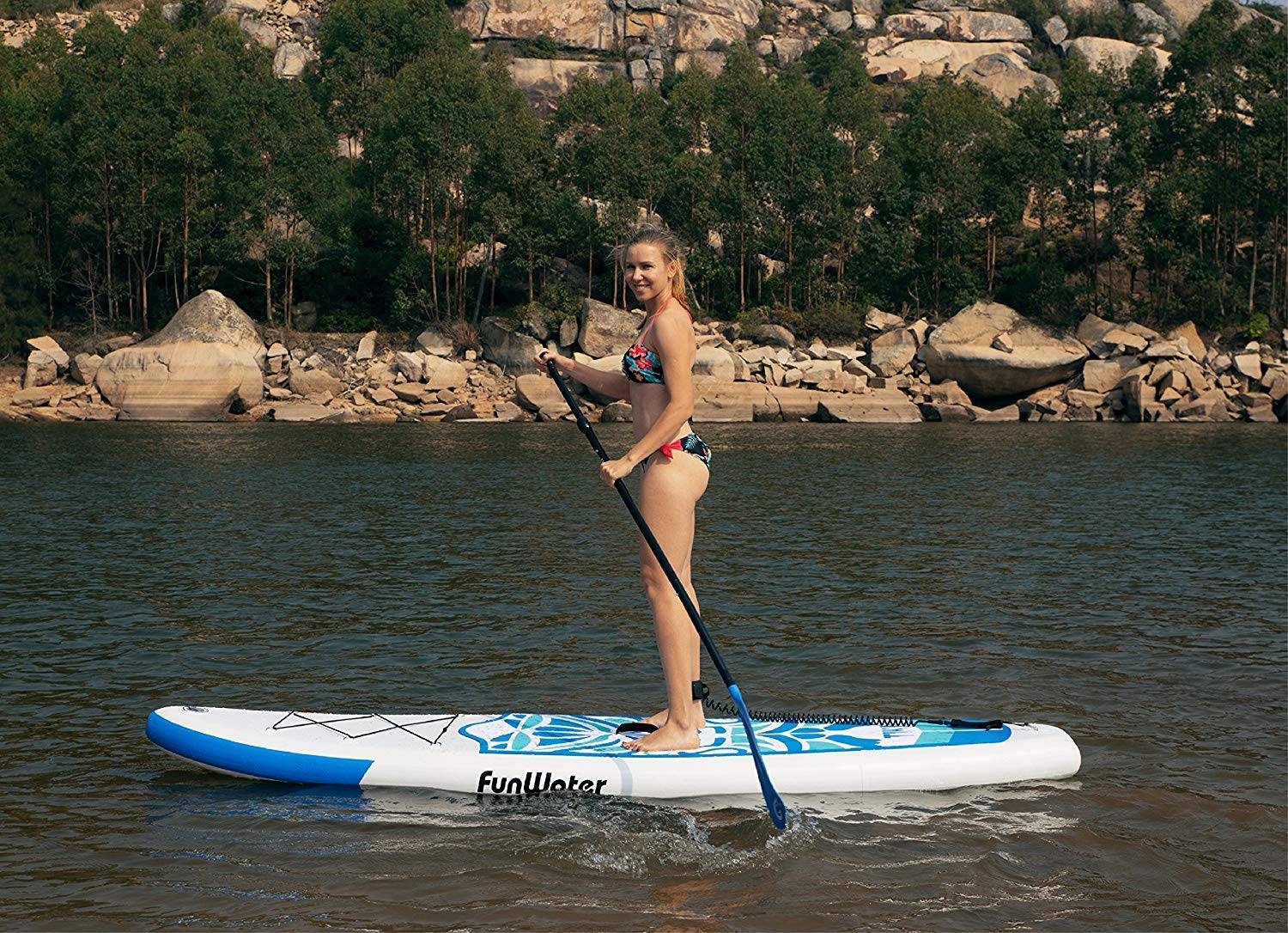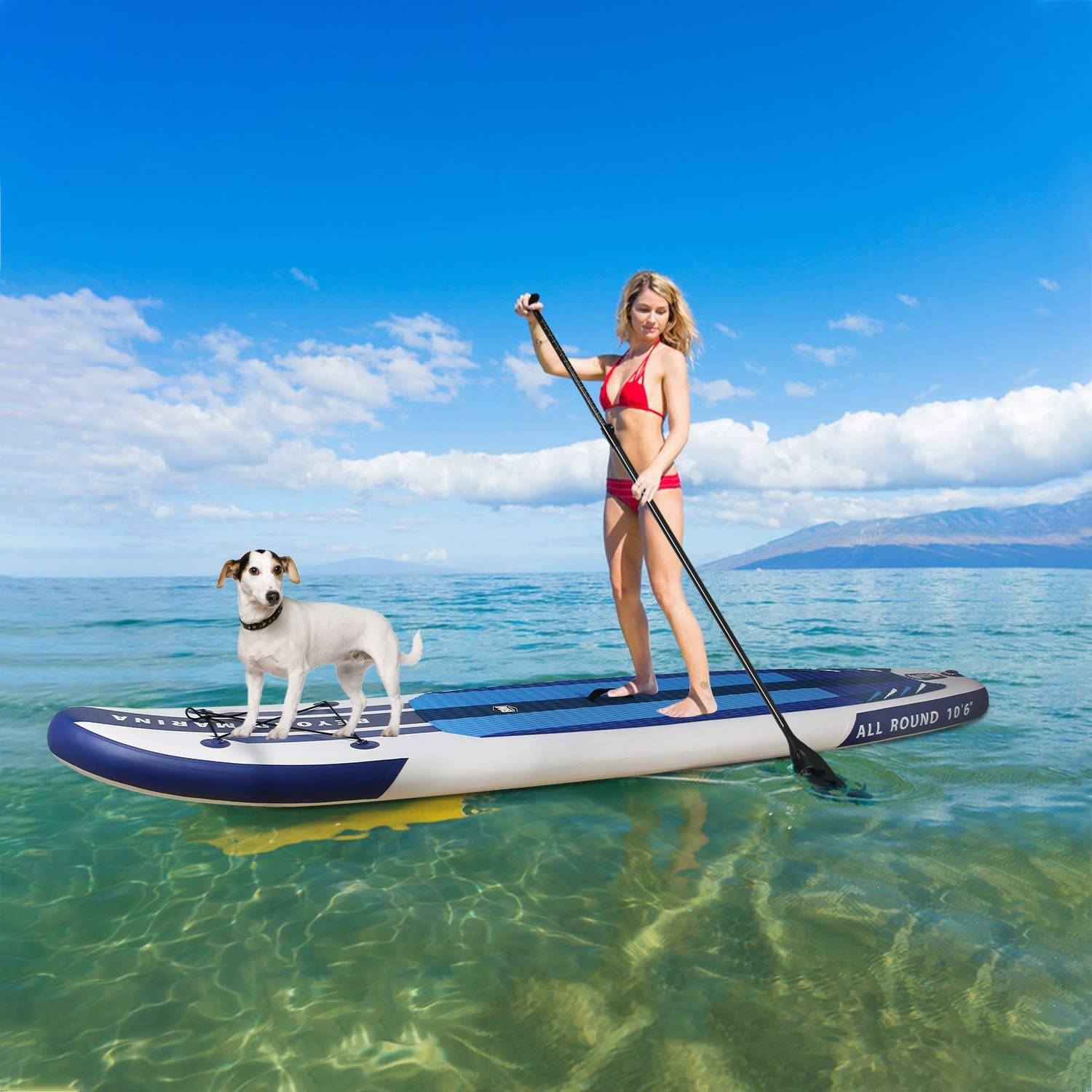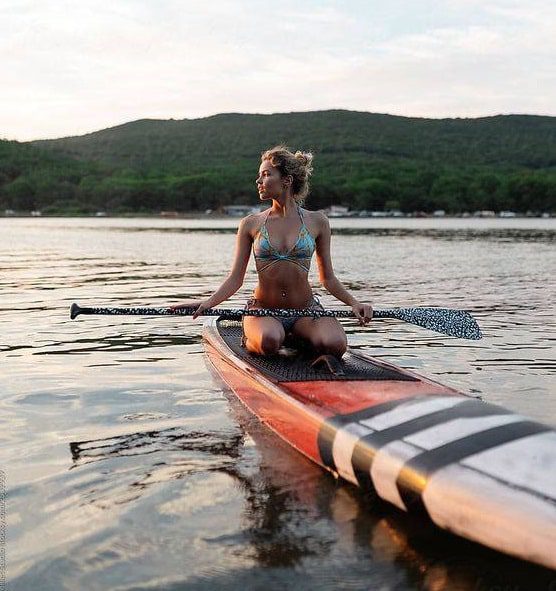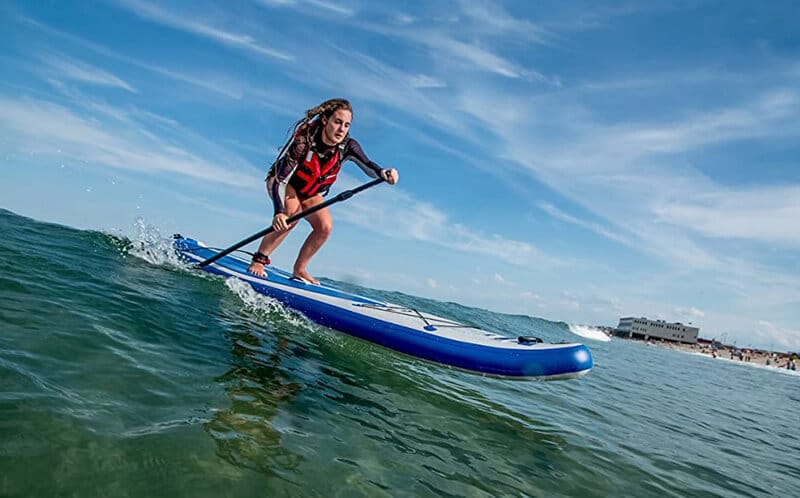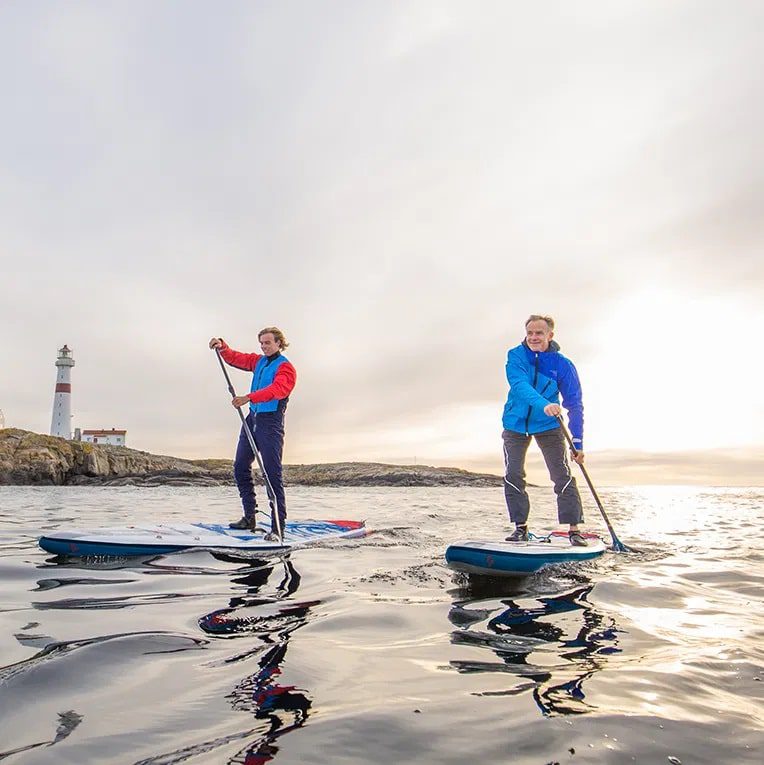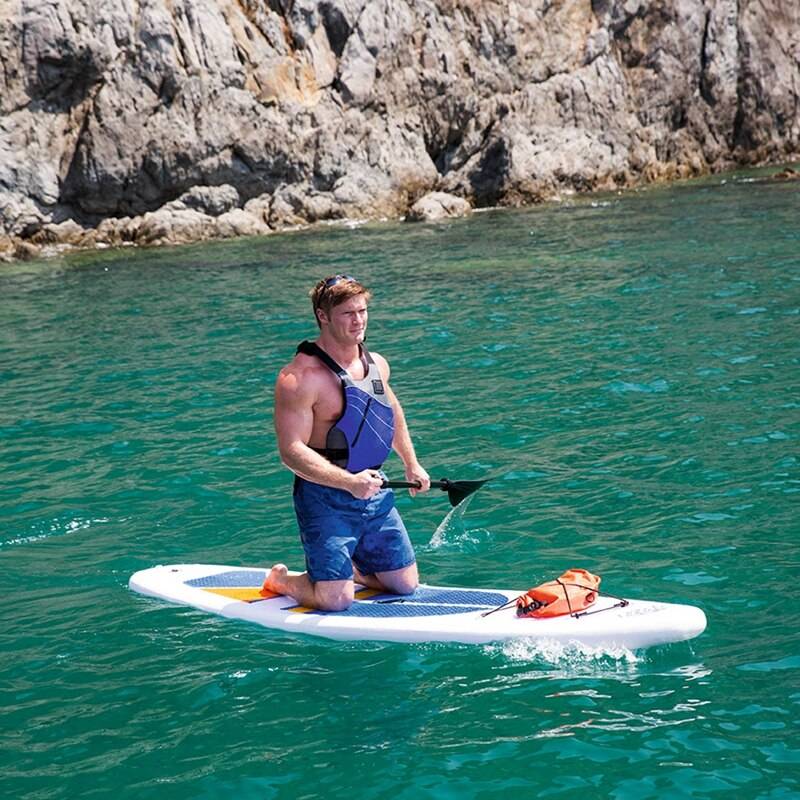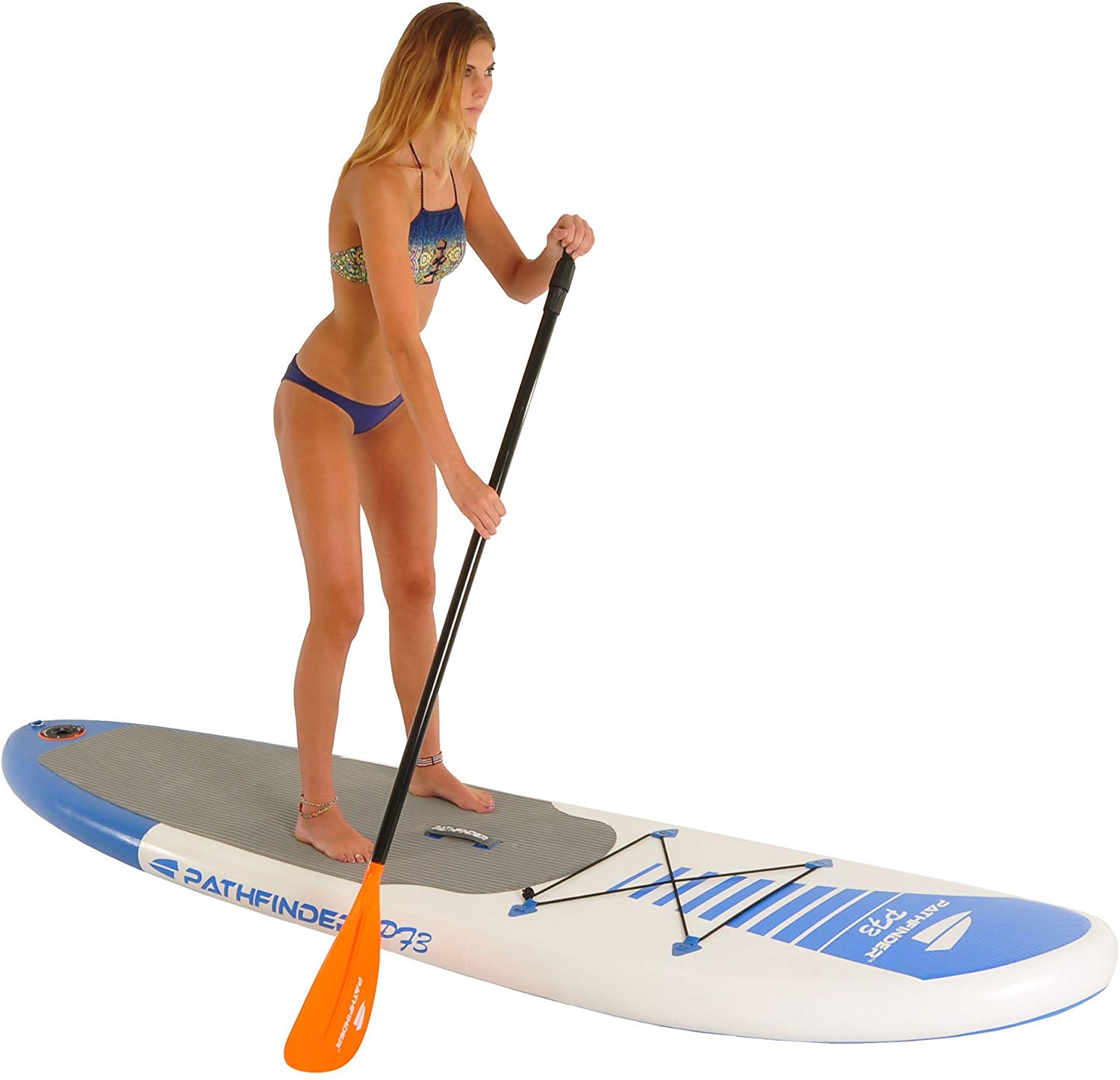?Have you ever wished for a simple, lightweight way to keep my board safe between sessions without hauling a heavy, padded bag?
Product Overview
I decided to try the “Ho Stevie! Surfboard Sock Cover – Light Protective Bag for your Surf Board [Choose Size and Color]” because I wanted a no-fuss cover that would protect my board from dings, sun, and wax mess. The sock is a stretchable knit fabric that slips on and off easily, with a reinforced nose and a drawstring tail closure. I chose a size slightly longer than my board to avoid over-stretching the fabric and to keep the fins in place.
What it is
This product is a slip-on surfboard sock designed to offer lightweight protection for surfboards of many shapes and sizes. It’s not a full travel case with thick padding; instead, it’s a flexible, breathable knit sleeve that guards against UV, light dings, and wax transfer. I find it most useful for local drives, storage, and quick protection between the car and water.
Who it’s for
This sock works well for surfers who prefer minimal bulk during transport and storage, and for anyone who wants to avoid wax getting on their car seats. I recommend it for shortboard and longboard riders alike who need a quick, convenient cover. If you’re flying with a board or doing heavy interstate travel, I would pair this with more protective padding.
Ho Stevie! Surfboard Sock Cover - Light Protective Bag for your Surf Board Choose Size and Color
Key Features Summary
I like to keep track of essential features at a glance, so I made a quick list of the highlights I noticed right away. These points are what matter most when deciding if a surf sock is right for my routine and board type.
- Stretchable knit fabric that fits a wide range of board widths and lengths.
- UV protection to reduce yellowing and sun damage over time.
- Interior Velcro pocket for wax, snacks, or small items.
- Reinforced nose to protect the most vulnerable part of the board.
- Drawstring tail closure that allows fins to stay on for convenience.
- Available in multiple lengths from 6’0″ to 10’6“, widths unstretched at 22” and stretching to 30″+.
Quick Specification Notes
I appreciate that the manufacturer lists specific size recommendations and the unstretched/stretched widths. Those figures helped me pick a size that wouldn’t be too tight around my rails and fins. I generally follow the advice to choose a sock a few inches longer than my board.
Size and Fit Details
Sizing was one of my main concerns before buying. I wanted to make sure the sock wouldn’t be so tight that it strained at the seams or so loose that it flapped in the wind during transport.
Length Options
The sock is available in these lengths: 6’0″, 6’6″, 7’0″, 7’6″, 8’0″, 8’6″, 9’0″, 9’6″, and 10’6″. I selected a size a few inches longer than my board to keep the fabric relaxed over the fins and rails. Choosing a size at least several inches longer than the board feels like the safest route to avoid over-stressing the material.
Width and Stretch
Each size is 22″ wide unstretched and stretches to 30″+ for a snug fit. That stretch range allowed me to fit my board comfortably while keeping mobility for different shapes like fish, midlengths, or funboards. I appreciated that the fabric conforms but still feels like it has structural integrity.
| Attribute | Specification | My Notes |
|---|---|---|
| Length options | 6’0″ to 10’6″ | I picked one slightly longer than my board for comfort. |
| Width (unstretched) | 22″ | Fits narrow boards comfortably before stretch. |
| Width (stretched) | 30″+ | Stretches enough for wider boards and grovel shapes. |
| Nose protection | Reinforced | Reinforced area provides extra durability where it matters. |
| Tail closure | Drawstring | Keeps tail covered and allows fins to remain installed. |
| Storage pocket | Velcro pocket inside | Handy for wax, keys, or snacks. |
My First Impressions
When the sock arrived, the first thing I noticed was the knit texture and how lightweight it felt in my hands. The fabric has a soft, woven feel that reassured me it wouldn’t scratch the board and that it would slide on without catching.
I also noticed the reinforced stitching around the nose and the quality of the drawstring closure at the tail. Those small construction details made me confident that this sock would hold up to frequent use.
Putting It On: Application and Removal
Putting the sock on my board was straightforward and took only a couple of minutes once I got the rhythm down. I start by feeding the nose through the reinforced area, then work the fabric along the rails before tightening the drawstring at the tail.
Removing it is equally easy, and the stretchable material allows the sock to come off smoothly without sticking to wax. I found that keeping the board slightly tilted helps the sock slide off faster when the wax is still somewhat tacky.
Tips for Easier Slip-On
I figured out a few tricks that made application even simpler over time. I apply the sock when the board is slightly warm (but not hot) so the fabric stretches more easily. Additionally, I undo the drawstring a bit before leaning the tail on my knee and pulling down—this prevents the fabric from snagging on fins.
Protection Performance
Protection is the core promise of any surf sock, and I took the “Ho Stevie!” sock on multiple trips to see how it performed against common hazards. For light dings, sun exposure, and wax transfer, it performed very well.
The reinforced nose guarded well against scuffs from casual bumps during transport, and the fabric reduced direct sun exposure so I felt less anxious about prolonged roof-rack or car-top sun sessions. It won’t replace a padded travel bag for airline transit or heavy impacts, but for regular daily driving and beach storage, it does a solid job.
UV and Sun Protection
The knit fabric blocks a meaningful amount of UV light that otherwise gradually yellows foam and discolors the board over the years. I noticed less surface warmth during the hottest midday sun than when my board was fully exposed, which gives me confidence the material is helping preserve the resin and foam.
Scratch and Ding Resistance
The sock will not prevent deep dings from serious collisions, but it shields the board from small scrapes and rail rubs that are common when moving the board in and out of cars. The reinforced nose is particularly useful if I’m stacking boards or leaning them against rough surfaces.
Interior Pocket and Storage
The internal Velcro pocket is a small but surprisingly useful feature. I use it for a travel-sized block of wax, lip balm, and sometimes keys or a small snack. The pocket keeps things off the deck, which helps me avoid sticky waxy messes on my hands.
I wouldn’t recommend storing anything too heavy or sharp inside, but for lightweight essentials, the pocket is a nice convenience that I appreciated on beach days.
What Fits in the Pocket
I typically carry a wax bar, a small multi-tool, sunscreen stick, and some cash or a key. These items fit comfortably without bulking the sock or making the board lopsided. The Velcro closure keeps the contents secure during transport.
Drawstring Tail and Fin Accommodation
One of my favorite features is the drawstring tail closure that keeps the tail covered while allowing me to leave the fins attached. This saves time and frustration because removing and reinstalling fins for every short trip is a hassle.
The drawstring forms a snug closure that helps keep sand and loose debris out of the tail area. It also reduces flap noise on windy drives, which I found useful when traveling with a rack.
How It Handles Fins
Because of the elastic stretch and the drawstring, the sock can fit around single fins, thrusters, and some quad setups as long as I choose the correct length and allow a few inches extra. For very tall or towing-specific fins, I check fit carefully before leaving the house to avoid overstretching the fabric.
Materials and Construction Quality
I checked seams and stitching thoroughly since lightweight materials can sometimes be the weak point. The seam work around the nose and the hemmed edges are tidy and felt reinforced during use. The drawstring and its toggle are also sturdy and showed no signs of fraying.
The woven fabric has a bit of texture that helps it grip slightly to the board without causing abrasions. Overall, the construction matched the product’s intended use: a light protective cover that’s built to be used often.
Durability Observations
After several months of regular use I saw minimal wear on the fabric and no significant seam failures. The reinforced nose also remained intact after being stacked under other gear. I’d estimate this sock will last a long time with normal, non-abusive use.
Transport and Travel Use
When transporting the board, the sock makes it easier to manage wax and keeps the car cleaner. I drive with the board inside my vehicle occasionally, and having the sock on means less time cleaning after a surf session. It also reduces the risk of my board staining or damaging upholstery.
For car-top travel, the sock prevents minor scratches from rub and keeps the board a bit more protected from UV while waiting on the rack. I’d still use roof straps and, for long road trips, consider additional padding between boards.
Suitability for Longer Trips
If I’m flying or shipping my board, I use a padded travel bag with hard protection. The “Ho Stevie!” sock is excellent for short to medium-length trips where light protection and convenience are priorities. I would not rely on it alone for checked airline travel.
Care and Maintenance
Washing and storing the sock is straightforward, which is a big plus for me. I rinse it with fresh water to remove sand and salt, and once in a while I toss it in a gentle machine wash on cold to keep it fresh. I always air dry it out of direct sun to preserve the fabric and elasticity.
Cleaning Routine
I recommend rinsing after each salty session and allowing the sock to dry inside-out as well to prevent mildew. If sand gets trapped in the seam areas, a gentle scrub with a soft brush usually loosens it. Avoid bleach or harsh detergents, since they can break down elastic fibers.
Style and Color Options
The product comes in multiple colors, and I found the choices to be practical and visually appealing. I picked a brighter color so my board would be easier to spot at home or in a crowded rack. Colors also help me quickly identify which board is which when I have multiple socks in rotation.
Practical Aesthetics
Beyond visual appeal, the colors also indicate usage: darker colors hide scuffs and wax residue better, while lighter colors help me quickly spot sand or dirt that I need to rinse out. Choosing a color is partly a personal style choice, but it also has functional implications depending on how I use the sock.
Pros and Cons
I find it useful to weigh the strengths and weaknesses objectively before recommending gear to others. Below are the main advantages and drawbacks I observed after consistent use.
Pros
- Lightweight and easy to carry. I can shove the sock into a day bag without adding bulk.
- Breathable knit fabric prevents moisture build-up during short-term storage. The board dries between sessions more easily than in a sealed case.
- Reinforced nose and drawstring tail offer practical protection and convenience. Those features made regular use more forgiving.
- Internal pocket for small items is a nice, functional detail. It keeps small essentials off my deck and within reach.
- Wide range of sizes to fit many board shapes and lengths. The stretch factor covers a surprising number of designs.
Cons
- Not suitable for airline travel or rough handling. For that, I need a fully padded travel bag.
- Limited protection against major impacts or sharp objects. The fabric is not ballistic; heavy collisions can still cause damage.
- Overstretching by choosing a size too close to board length can strain the material. I learned to pick a slightly longer size for longevity.
Comparison With Other Options
I compared the Ho Stevie! sock with a few other types: basic lycra socks, neoprene socks, and padded travel bags. Each has a place depending on my priorities.
Lycra vs Knit Sock
Lycra socks are similar in ease-of-use but often offer less durability and less structure around the nose. The knit fabric of the Ho Stevie! sock felt more robust and better suited to light protection.
Neoprene vs Knit Sock
Neoprene socks offer slightly better padding and water resistance, but they’re often heavier and can retain moisture. I prefer the breathable knit for day-to-day use, while neoprene might be preferable for wetter climates or slightly bumpier transport.
Padded Travel Bag vs Sock
For airline or interstate travel, padded bags with hard-shell reinforcement are essential. The sock isn’t a replacement but a complement; I sometimes use the sock inside a padded bag as an extra layer of protection and to keep wax off internal surfaces.
Value and Price Consideration
Given the materials, construction, and convenience, I think the price point (when reasonable) represents good value for surfers who need a light, functional cover. The sock saves me time cleaning and gives confidence that I’m minimizing UV damage and wax transfer.
I look at value in terms of frequency of use and convenience; for daily or weekend surfers, this sock pays for itself by protecting the board from everyday wear and keeping vehicles cleaner.
Recommendations and Buying Tips
If you’re considering this product, I’ll share the practical buying tips I used. First, always allow a few inches of extra length beyond your board to avoid stressing the fabric. Second, pick a color based on whether you want to hide grime or stand out on a rack. Third, consider buying two if you travel with multiple boards—you can mix and match sizes for your quiver.
I also recommend inspecting seams and drawstring hardware upon receipt to ensure you have no manufacturing defects. If you plan to store a board under the sock for long periods, make sure the board is dry and clean first to prevent mold or mildew.
Who Should Buy the Ho Stevie! Surfboard Sock Cover
I would recommend this product to weekend warriors, daily commuters to the beach, and anyone who wants to protect their board from sun and light damage without adding weight. It’s especially useful for people who leave fins on during local transport and want a quick, convenient cover.
If you regularly check boards on flights or ship them across state lines, you should buy a more robust padded case instead and use this sock as an internal sleeve for added protection.
Final Thoughts
Overall, my experience with the “Ho Stevie! Surfboard Sock Cover – Light Protective Bag for your Surf Board [Choose Size and Color]” has been positive. It hits the sweet spot between convenience and protection for everyday surf use. The reinforced nose, stretchable knit fabric, interior pocket, and drawstring tail combine into a practical package that keeps my board safer, cleaner, and easier to carry.
I would buy it again for my daily surfing routine and recommend it to friends who want a lightweight, effective sock for local travel and storage. It’s not a heavy-duty travel case, but it’s a well-made, thoughtfully designed sock that solves many common problems without adding unnecessary bulk.
Disclosure: As an Amazon Associate, I earn from qualifying purchases.

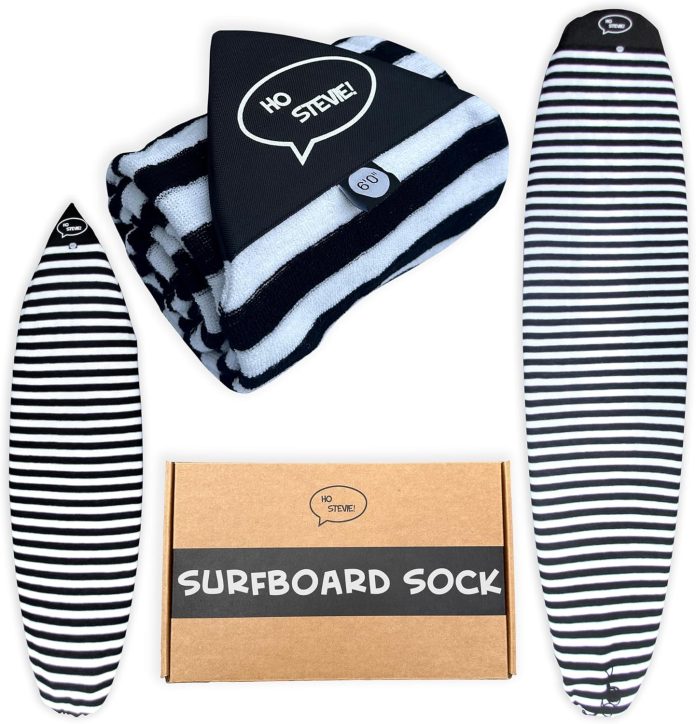
![Ho Stevie! Surfboard Sock Cover - Light Protective Bag for your Surf Board [Choose Size and Color] Ho Stevie! Surfboard Sock Cover - Light Protective Bag for your Surf Board [Choose Size and Color]](https://supboardgear.com/wp-content/uploads/2025/09/ho-stevie-surfboard-sock-cover-light-protective-bag-for-your-surf-board-choose-size-and-color-984x1024.jpg)
![Learn more about the Ho Stevie! Surfboard Sock Cover - Light Protective Bag for your Surf Board [Choose Size and Color] here. Learn more about the Ho Stevie! Surfboard Sock Cover - Light Protective Bag for your Surf Board [Choose Size and Color] here.](https://supboardgear.com/wp-content/uploads/2024/01/buy-now-amber-1.png)

![Ho Stevie! Surfboard Sock Cover - Light Protective Bag for your Surf Board [Choose Size and Color] Ho Stevie! Surfboard Sock Cover - Light Protective Bag for your Surf Board [Choose Size and Color]](https://supboardgear.com/wp-content/uploads/2025/09/ho-stevie-surfboard-sock-cover-light-protective-bag-for-your-surf-board-choose-size-and-color-1-1024x1024.jpg)
![Discover more about the Ho Stevie! Surfboard Sock Cover - Light Protective Bag for your Surf Board [Choose Size and Color]. Discover more about the Ho Stevie! Surfboard Sock Cover - Light Protective Bag for your Surf Board [Choose Size and Color].](https://supboardgear.com/wp-content/uploads/2024/01/buy-now-lime-7.png)
![Ho Stevie! Surfboard Sock Cover - Light Protective Bag for your Surf Board [Choose Size and Color] Ho Stevie! Surfboard Sock Cover - Light Protective Bag for your Surf Board [Choose Size and Color]](https://supboardgear.com/wp-content/uploads/2025/09/ho-stevie-surfboard-sock-cover-light-protective-bag-for-your-surf-board-choose-size-and-color-2-1024x1024.jpg)
![Ho Stevie! Surfboard Sock Cover - Light Protective Bag for your Surf Board [Choose Size and Color] Ho Stevie! Surfboard Sock Cover - Light Protective Bag for your Surf Board [Choose Size and Color]](https://supboardgear.com/wp-content/uploads/2025/09/ho-stevie-surfboard-sock-cover-light-protective-bag-for-your-surf-board-choose-size-and-color-3-1024x1024.jpg)
![Ho Stevie! Surfboard Sock Cover - Light Protective Bag for your Surf Board [Choose Size and Color] Ho Stevie! Surfboard Sock Cover - Light Protective Bag for your Surf Board [Choose Size and Color]](https://supboardgear.com/wp-content/uploads/2025/09/ho-stevie-surfboard-sock-cover-light-protective-bag-for-your-surf-board-choose-size-and-color-4-1024x995.jpg)
![Click to view the Ho Stevie! Surfboard Sock Cover - Light Protective Bag for your Surf Board [Choose Size and Color]. Click to view the Ho Stevie! Surfboard Sock Cover - Light Protective Bag for your Surf Board [Choose Size and Color].](https://supboardgear.com/wp-content/uploads/2024/01/buy-now-blue-grey-6.png)

